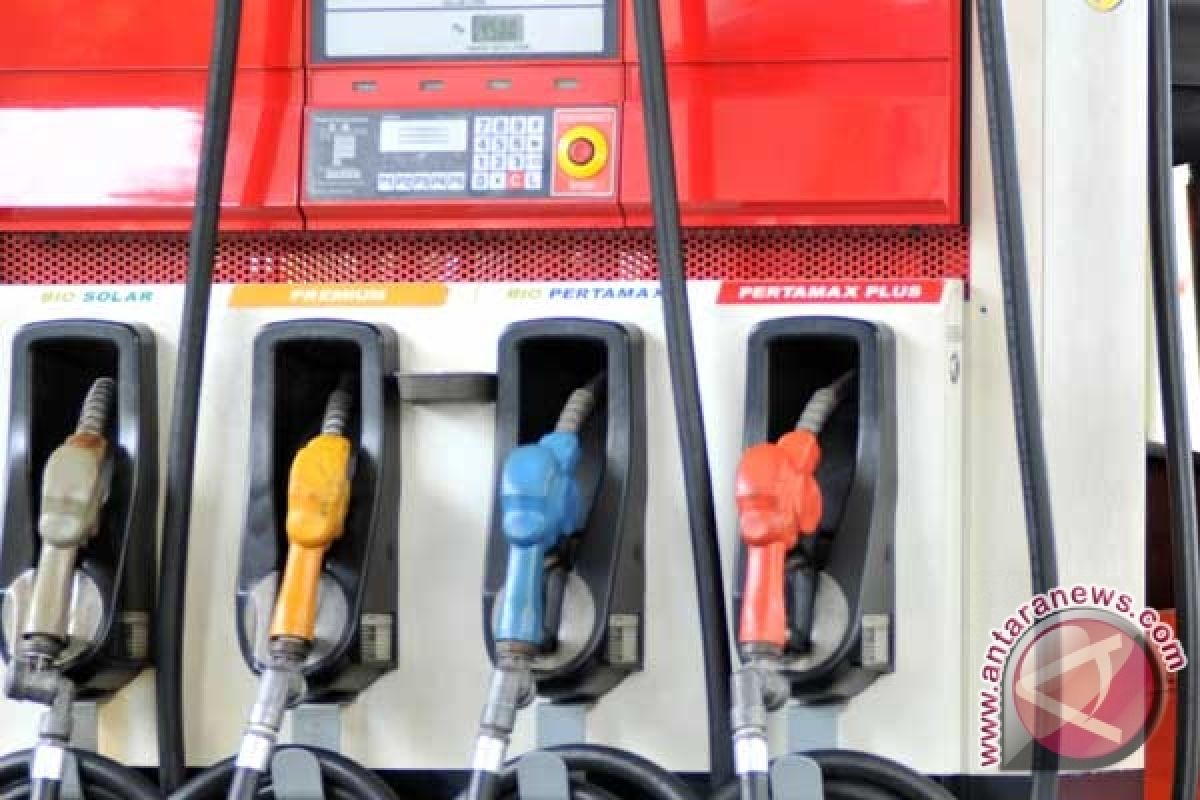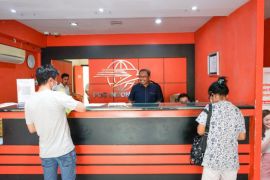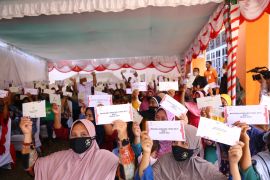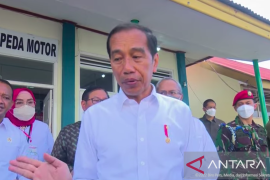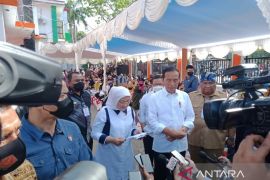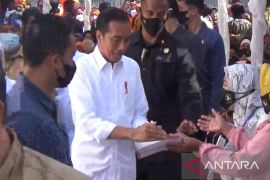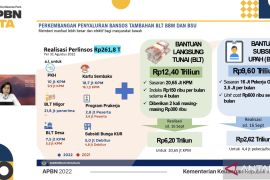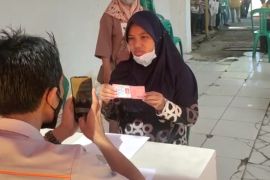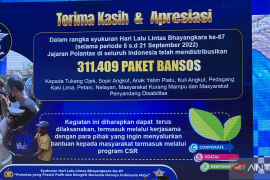DBS Research Group economist Eugene Leow in a written statement received here on Monday, said the overall inflation rate during 2012 will reach about 5.2 percent compared to 5.4 percent in 2011.
The subsidized fuel retail price (gasoline and diesel) was currently Rp4.500 per liter or about half of the price if it was not subsidized, but according to the central Bank (Bank of Indonesia) limiting the consumption of subsidized fuel will push up non-core inflation by about 0.6 to 0.9 percent.
Eugene Leow said inflation was predicted to remain mostly stable in 2012, while non-core inflation was expected to remain below 4.0 percent in the first three months of 2012, before the change of policy on subsidized fuel and electricity are expected to occur in April.
Changes in prices set by the government (administered prices) will have a major impact on inflation in 2012 as Indonesia seeks to further reduce budget spending on subsidies.
"We predict that the 10 percent electricity tariff increase that will be introduced in April will directly lead to an increase by 0.4 percent-points in the Consumer Price Index," he said.
The government was now still formulating a plan to stop subsidizing fuel for private vehicles (except for two-wheel vehicles and public transport) in Java and Bali in April, and this restriction would be imposed in phases throughout Indonesia over the next three years.
By taking into account the fact that in the 2012 state budget the volume of subsidized fuel oil was set at 40 million kiloliters (down 2.5 million kiloliters compared with 2011) and a mandate to impose restrictions on subsidized fuel use, Eugene said what he had put forward was the most likely scenario to occur.
The consumer price index would also be impacted if the government raised subsidized fuel prices, Eugene Leow said, because it would depend on the amount of fuel price increases.
Based on the 2008 fuel price hike, Eugene estimated that the 30 percent increase in subsidized fuel prices will cause rise in non-core inflation by 1.2 percent
Nonetheless, the analogy was not as easy in the context of the subsidized fuel restriction. "To compare the consumer price index with restrictions on subsidized fuel, a price increase of at least 15 percent is needed," he said.
The figure was likely to be the government`s limitation in setting prices. The fuel price hike would happen if there was a sharp rise in world oil prices or if the subsidized fuel restriction plan was experiencing difficulties in its execution.
In the context of Indonesia`s economic conditions in 2012, inflation could usually reflect strong economic growth, he said.
"For a country like Indonesia, price pressure has been one of the key factors affecting inflation over the last 2-3 years," he said.
Therefore, the 4.5 percent inflation rate with 6.4 percent gross domestic product (GDP) development for the real sector in 2011 was a good achievement for Indonesia in the year 2011.
"Especially prices of goods from the Consumer Price Index in December 2011 reached their lowest point in 21 months by 3.8 percent (year-on-year), a sharp decline from 7.0 percent in January 2011," said Eugene Leow.
(Uu.A050/HAJM/S012)
Editor: Priyambodo RH
Copyright © ANTARA 2012
